Do Spouses of 100% Disabled Veterans Get Benefits After Death?
Service officers are often asked if Spouses of 100% disabled Veterans are eligible for any benefits after the Veteran’s death. There is the (erroneous) idea that the Veterans disability benefits transfer to the spouse, but this is not the case. When the Veteran passes, the disability benefit ends. However, there are some benefits which the spouse may be eligible to receive.
Dependency and Indemnity Compensation (DIC): DIC is a monthly monetary benefit paid to eligible surviving spouses of veterans who died due to a service-connected disability or as a result of a disability related to their military service. In addition, if the Veteran passed for reasons not related to their service-connected disability, eligibility is dependent on the length of time that a Veteran was rated 100%. In general, the length of time is 10 years. This means if the Veteran was rated as 100% disabled for 10 years and passed from conditions not related to their service-connected disability, the spouse would likely still be eligible for DIC.
The amount of DIC depends on various factors including number of dependents. The amount of DIC does NOT depend on income. DIC is a monetary benefit with a set amount depending on the spouses circumstances. As of 2023, the starting monthly amount of DIC for a surviving spouse is $1,562.74. This may increase depending on certain factors.
Survivor’s Pension (Death Pension): If the surviving spouse is not eligible for DIC but has limited income and meets certain criteria, they may be eligible for the Survivor’s Pension. It is important to note that this is a needs-based benefit that provides additional financial support. For more information on survivors pension see this post.
Healthcare Benefits: Spouses of deceased 100% disabled veterans may be eligible for continued access to VA healthcare services through the Civilian Health and Medical Program of the VA (CHAMPVA). This program covers medical expenses and services not provided by the VA to eligible dependents.
Education and Training: In some cases, surviving spouses may be eligible for educational assistance under Chapter 35 benefits. This benefit is also known as the Survivors’ and Dependents’ Educational and Assistance program . This benefit can help spouses pursue educational or vocational training opportunities.
Home Loan Guaranty: The VA provides home loan guaranty benefits to eligible surviving spouses, allowing them to obtain favorable terms and conditions for home loans.
It’s important to note that eligibility for these benefits can be complex and dependent on various factors, including the veteran’s service-connected disability rating and the circumstances of the spouse. To determine eligibility and apply for benefits, we always suggest contacting your local Veteran Service Office for assistance.
If you have any questions or comments on this information, feel free to leave us a message below or email us at info@nwavet.org.

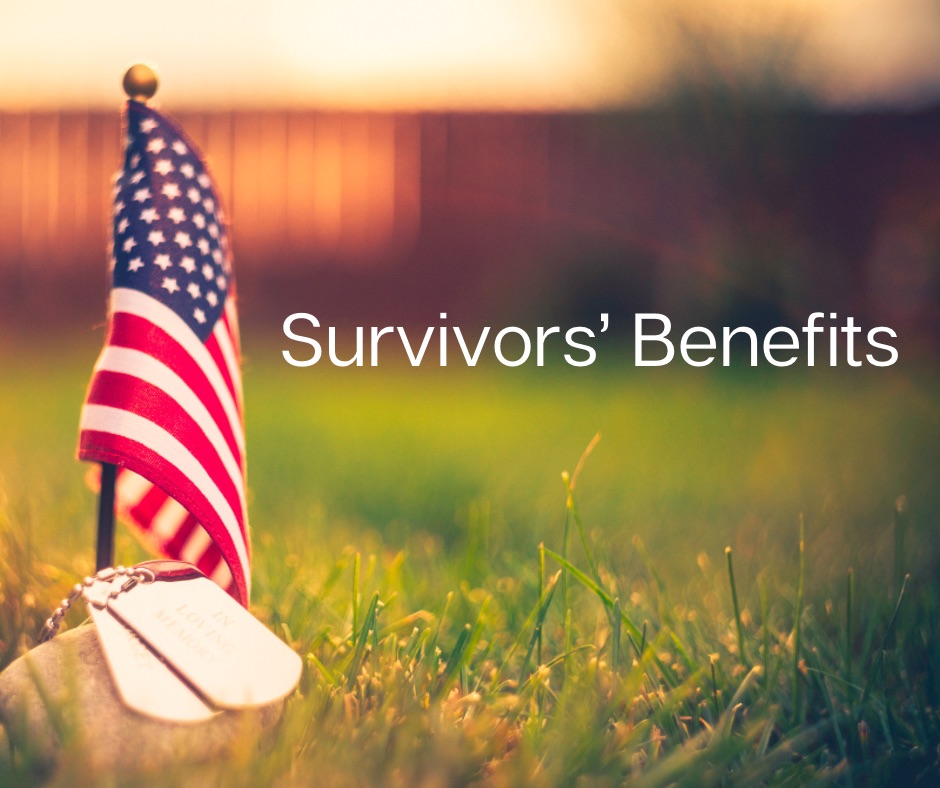
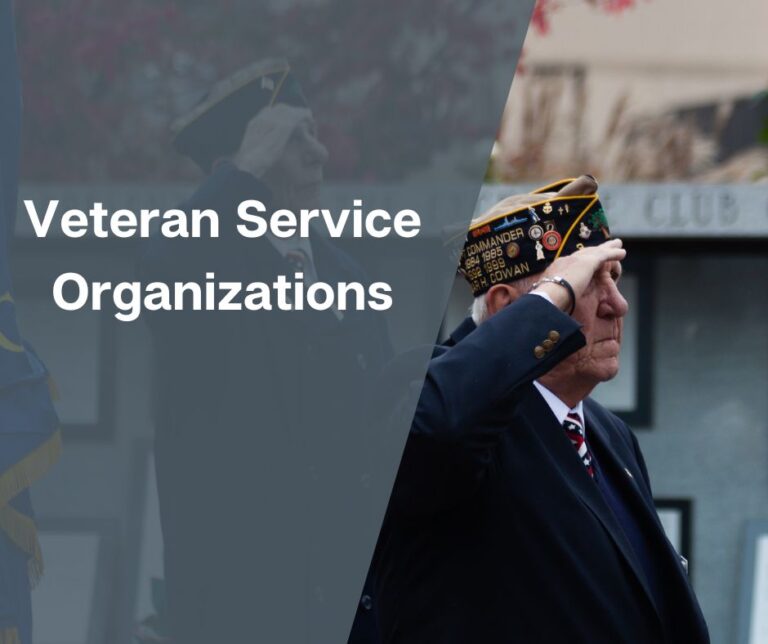
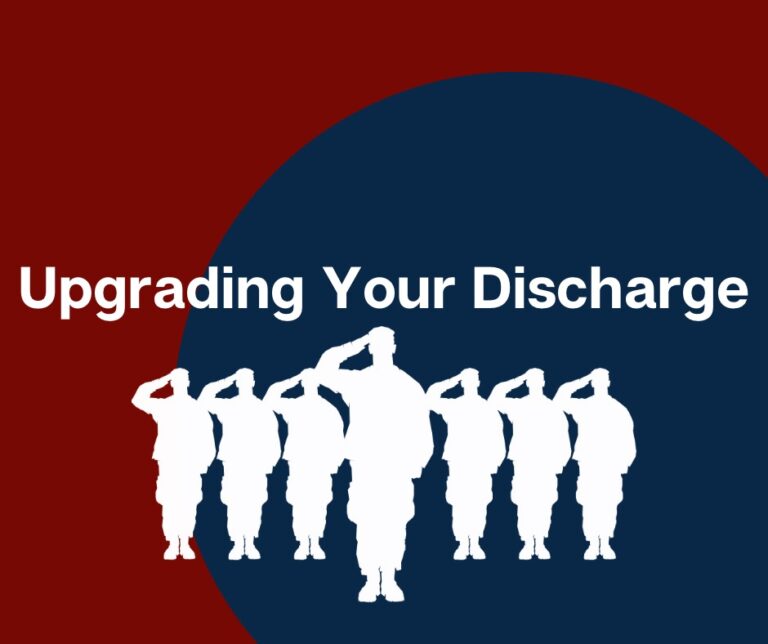

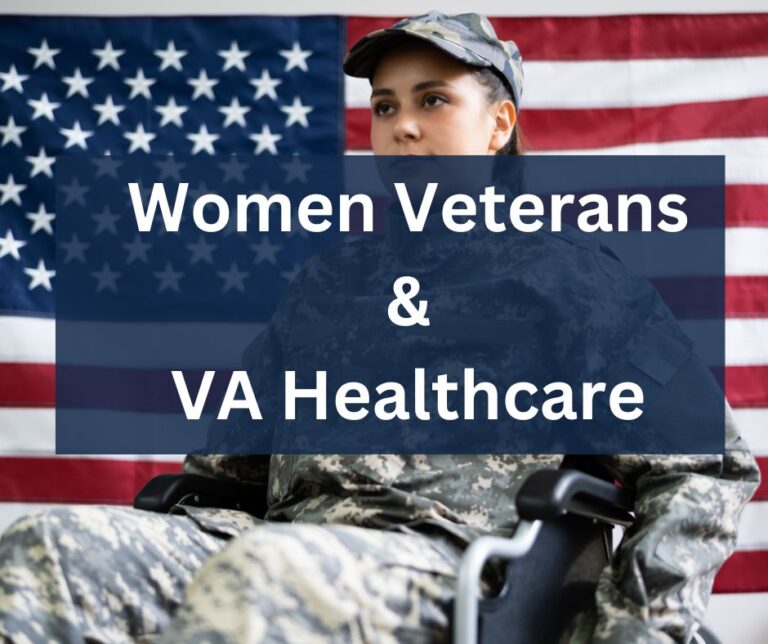
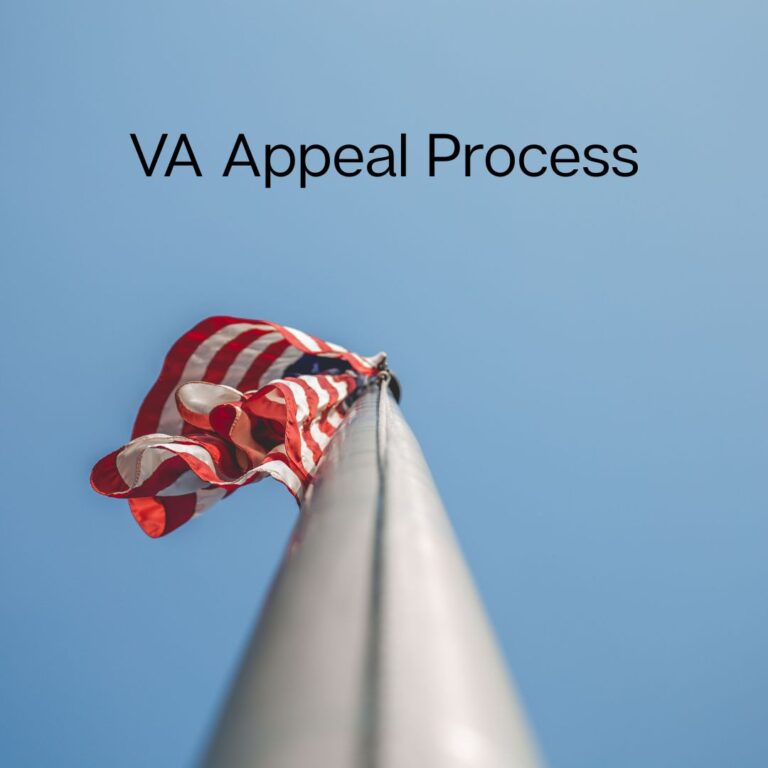
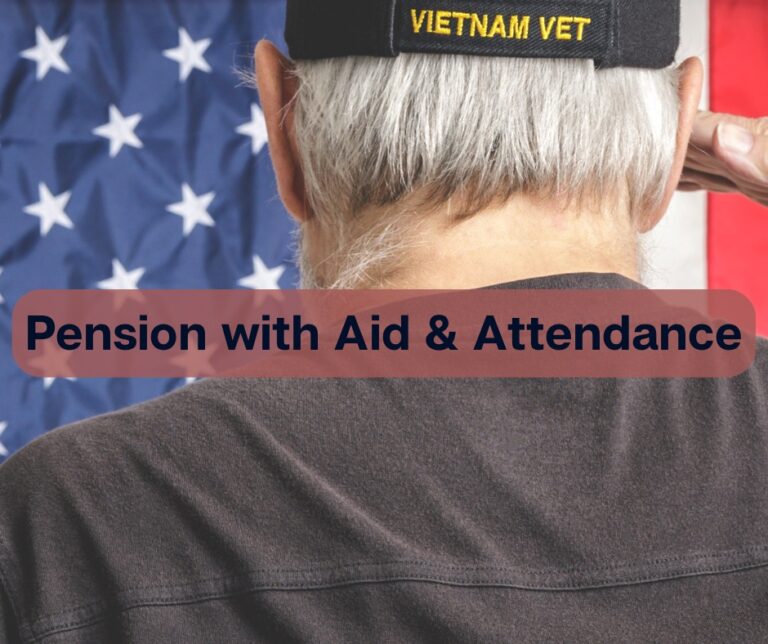
Hi, I’m 100% disabled from the Army after serving in Vietnam (Agent Orange). I have prostate cancer and have been receiving this benefit for roughly five years. My question is, “if I pass away, does my wife get any of this?” I don’t plan on dying any time soon. We’re curious. Thank you, Richard Hunt
Hello Richard. First of all, thank you for your Service. As the post says, it depends on a few different things. If you end up dying from a service connected disability, then she most likely should would be eligible for DIC. If you have held the 100% rating for at least 10 years and then die, even if it is not from a service connected condition, she should be eligible for DIC due to the length of time you were 100% disabled. As we always advise, the best thing would be to seek assistance from a local Veteran Service Officer. One thing I would highly suggest to make things easier for your wife. Take a look at this blog post: https://nwavet.org/va-benefits/the-next-steps/. I have a 3 ring binder on the bookcase for my wife with all of the needed information in it that she would need and I advise every Veteran to have one to make it easier on their spouse.
I am a 100% disabled veteran and Vietnam veteran I have been married for 42 years what benefits does my wife get if I pass away.
Hello Mr. Greene. That depends on a couple of things. Mainly it will depend on how long you have been 100% disabled and/or if you pass away from a service connected condition. If you pass from a service connected condition OR you have been 100% for at least 10 years, she will PROBABLY be eligible for DIC (Dependency and Indemnity Compensation). I would suggest you and her make an appointment with your local Veteran Service Officer and talk to them. I would also suggest taking a look at the post Prepared for the Future. I keep a three-ring binder on the bookshelf with my DD214, marriage certificates, insurance information, and VA forms. In the event of my passing, all my spouse has to do is take that binder and talk to one of our local Veteran Service Officers. I highly suggest all Veterans take the time to do this. It makes things just a little easier on our Spouse during one of the hardest times they will ever face.
When you say “100% disabled”, this is confusing to me. Does it mean a veteran simply has a 100% rating (due to something like prostate cancer) OR the veteran is 100% disabled and UNABLE TO WORK. This is the distinction that the VA does not make clear when reviewing their regulations. Can you clear this up?
Good evening Dave. For the VA, there are two ways to be 100% disabled. The first is called scheduler rating. That means that a Veterans is 100% disabled according to the VA simply because of disabilities (like prostate cancer) or a combination of disabilities (like PTSD and sleep apnea). If a Veteran is rated 100% because of their disabilities, they are able to work at any job they want to.
The SECOND way to reach 100% is TDIU (Total Disability, Individual Unemployability). This means that the Veteran may be only 70% disabled, but due to the circumstances of their disability they are unable to work. There are certain conditions to receiving TDIU. The important thing to remember is that if a Veteran is 100% disabled due to TDIU, they are very limited in the amount of money they can make a year. In effect, they are telling the VA that they cannot work due to their disability, so they should be paid at the 100% level. And therefore, the VA may look at their Income Tax returns to know how much they are making every year. If it goes above the small amount they are allowed, the VA can stop the 100% TDIU. I don’t know what the amount is that a Veteran is allowed to make on TDIU, but you can call the VA and actually ask them and the VA representative will be glad to help you.
I hope this has cleared up your question. You can look at the post I linked above on our article about TDIU and 100%. Please don’t hesitate to comment or email if you have any further questions.
My husband died 2000 and was declared 100% disabled. All these years I still have no clear understanding of what that can do for me as far as me buying a home. Can I be exempt for tax on my property? Is there any other benefits that I am missing?
Hello Bessie, First of all, I am sorry your husband passed, and we are thankful for his service. As far as benefits, when you are dealing with surviving spouse benefits, there are several requirements that must be met. These include things like how long he was 100% disabled, if he passed from a service related disability, and other requirements. The short answer is yes, a surviving spouse MAY be eligible for the VA Home Loan Guaranty program depending on some conditions. As for tax exemption, that is very much dependent on which state you live in. Each state is different. Your local Veteran Service Officer would be able to answer your questions about the taxes, the home loan guaranty, and any other benefits you may be entitled to receive. If you have not already been in touch with a local VSO, you could call your local VFW or American Legion and they can put you in contact with one.
Is there compansation to me, a 100% Vietnam vet, for assisted living and also for my wife if I pass.
In both cases our best advice is to connect with your local Veteran Service Officer. As for you, there is Aid and Attendance for Veterans who require it. There are certain stipulations in place. As for your wife, it will depend on how long you have been 100% and/or whether you pass from a service-connected illness. When it comes to Aid and Attendance there is more involved than just a straight disability clai, which is why we suggest talking to a local VSO.
I have been married 15 yrs and rated at 100% disability for ten years.We are headed for a divorce soon.Will she be eligable for any benifits after divorce?
The simple answer is, maybe. There are several factors that must be considered for a spouse to receive VA benefits upon the veterans death, and even more factors for a spouse that is divorced. In general, VA benefits for a spouse is talking about DIC (Dependency and Indemnity Compensation) or Survivors Pension. Most of the time, this is limited to the current spouse. The eligibility requirements for DIC begin with:
– You lived with the Veteran or service member without a break until their death, or
– If you’re separated, you weren’t at fault for the separation
However, there may be there are sometimes exceptions to this. The best thing I can recommend to you is to speak to a local Veteran Service Officer so that you can let them know all of the particulars, and with knowing the history and what will probably happen they can guide you.
M husband passed away on July 19, 2021. He was declared 100% disabled in 2003. We have a home together in New Jersey. We are presently exempt from paying taxes on the home. I would like to sell the home and purchase another home in New Jersey. The question is would I be entitled to a COE and also exempt from paying taxes on the new home,
Good afternoon Mrs Worley. My condolences on the loss of your husband. You should still be exempt and eligible for the COE, but I would advise you ot reach out to your local Veteran Service Officer or New Jersey’s Department of Veteran Affairs to be sure.
Good afternoon,
My ex-husband passed away a month ago, (Ronald A Ford) I was married to him for 18 years, 22 together with 2 adult kids now. WE divorced in 2005 as Amicable. I am however remarried now for 5 years; will I be able to collect on my ex-husband VA benefits? Who can I contact, in New Hampshire
Thank you
Anne
Hello Anne. The simple answer is, it depends. There are several requirements to receiving VA DIC (Dependency and Indemnity Compensation). These include if your ex-husband passed due to a service connected disability and when and at what age you remarried. The information can be found on the VA website at https://www.va.gov/disability/dependency-indemnity-compensation/ . That being said, we suggest you contact the New Hampshire Department of Veteran Affairs at (603) 624-9230 and talk to them. They will be able to help you and probably will point you to your closest Veteran Service Officer.
My father was 100% service connected and passed away with the service connected illness. My mother receives VA benefits and ChampVA as well. Does the VA pay the adult child as a caregiver for the spouse of the service member?
Typically the Program of Comprehensive Assistance for Family Caregivers will pay a family member to be a caregiver for the Veteran. However, we suggest you talk to a local Veteran Service Officer about options.